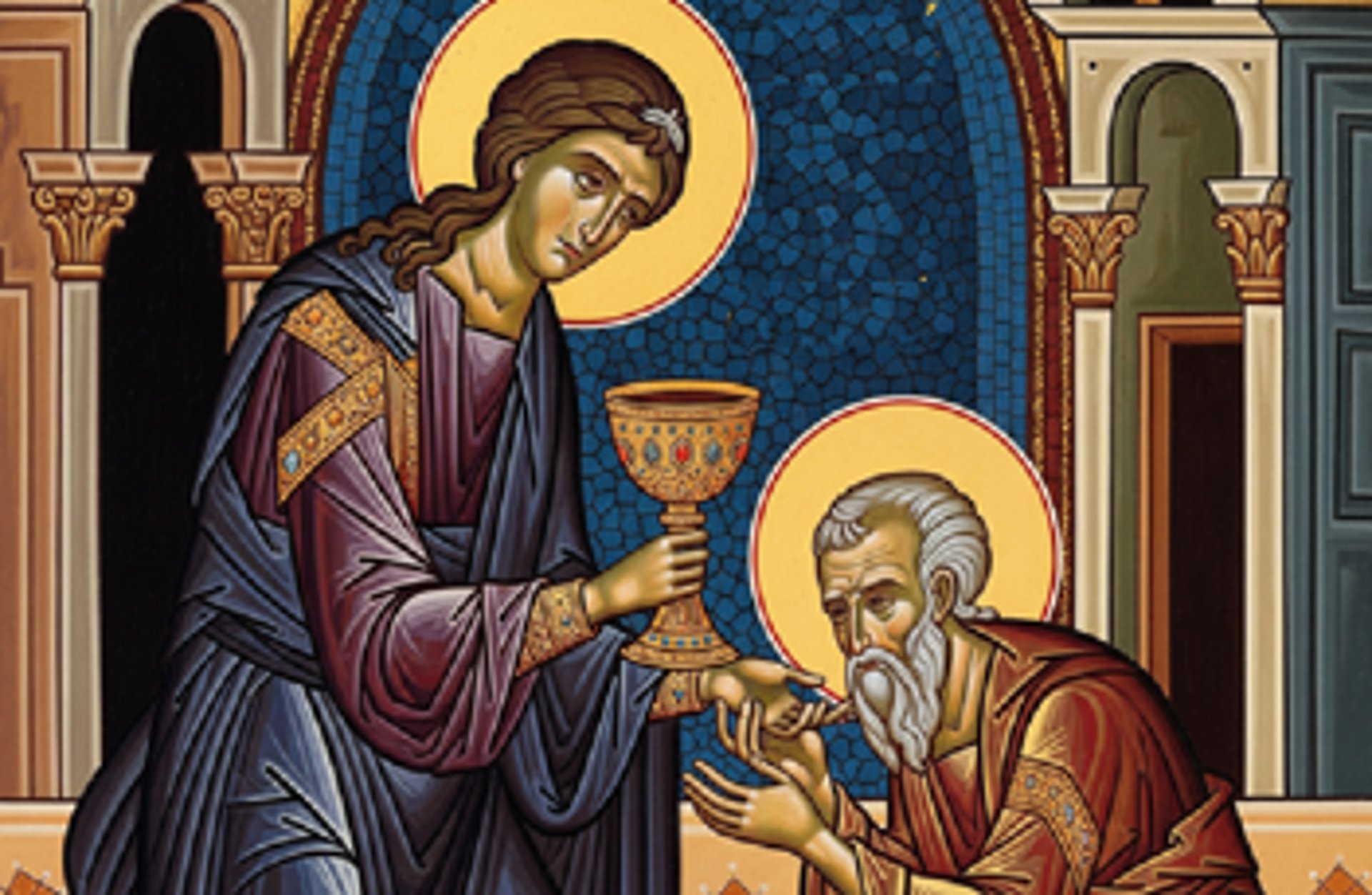
The Christian Apocalypse of Abraham
About an apocryphal tale known as the Apocalypse of Abraham—also referred to by some scholars as the Testament of Abraham.
8/6/20252 min read


The Christian Apocalypse of Abraham: A Story of Death, Judgment, and Divine Mercy
In this article, we explore an apocryphal tale known as the Apocalypse of Abraham—also referred to by some scholars as the Testament of Abraham. Unlike the well-known Jewish Apocalypse of Abraham, this version belongs to the Christian apocryphal tradition, preserved and adapted primarily within Eastern Christian circles, likely through Slavonic or Romanian transmission.
This compelling narrative recounts the final days and death of the patriarch Abraham, conveyed through a dialogue with the archangel Michael, commander of the heavenly hosts.
Abraham is depicted as a righteous, compassionate, and hospitable man who lived more than 175 years. He resided near a place called Dria the Black and was renowned for welcoming everyone—kings and beggars alike—with generosity and justice. As the end of his earthly life approached, God sent Michael to inform him of his impending death.
Michael arrived disguised as a traveler, and Abraham—unaware of his guest’s divine identity—received him warmly. Even after Michael revealed his true purpose, Abraham resisted the idea of dying. In response, God sent a dream to Abraham’s son, Isaac, symbolizing the coming loss: in the vision, the sun and moon were taken from Isaac’s head, signifying the death of his parents.
Still unwilling to accept death, Abraham asked to witness the deeds of humankind. God granted his request and sent him forth in a chariot of clouds, accompanied by angels. As Abraham observed the earth, he was horrified by the extent of human wickedness and called for immediate divine judgment. But God intervened, reminding him that He desires repentance, not destruction.
Abraham was then shown the heavenly court: two paths—one narrow, for the righteous, and one wide, for the wicked. He saw Adam weeping at the gates of judgment and Abel serving as a judge, while angels recorded every soul’s deeds. Abraham interceded for one soul whose virtues and sins were evenly balanced, and it was saved by his prayer. Overcome by mercy, he also pleaded for those he had earlier condemned, and God promised to spare them until the final judgment.
Content with what he had seen, Abraham returned home. Yet he still resisted death. So God commanded Death to approach Abraham—not in terrifying form, but disguised as a handsome man. When Abraham eventually recognized Death’s true nature, he asked to see his real appearance. Death obliged, revealing a monstrous, fiery visage so terrifying that even nearby children died from fright. Abraham pleaded for their lives, and through prayer, God restored them.
At last, accepting that he could not escape his fate, Abraham prepared for death. He blessed his household, freed his servants, and bid farewell to his wife Sarah and his son Isaac. Finally, Death tricked him into kissing his hand—delivering the symbolic "poisoned cup" of death. Abraham’s soul was then received by Michael and a host of angels and carried into heaven.
His body was honored, anointed, and buried in Dria the Black, accompanied by hymns and tears. From heaven, God declared:
“Take My friend Abraham and lead him into the paradise of joy... into eternal life without end.”
Enkolpion: The Legacy
A novel by LJ Palas
Mitch is a gifted young physicist in Chicago, recruited to work on a classified project under the guidance of Igor, an enigmatic Russian mathematician. When Igor dies suddenly in what is labeled a suicide, Mitch senses the truth is far more complicated. His company responds with massive layoffs—yet Mitch is inexplicably spared and even promoted, a reward that feels more like a warning.
Still reeling from a devastating car accident that nearly killed him and claimed the life of his girlfriend, Lily, Mitch tries to piece his life back together. Memories of her haunt him: their travels, their shared passions, and especially the strange gifts she left behind—a rare edition of Malory’s Arthurian tales and an ancient Cyrillic manuscript filled with cryptic codes and mysterious chapters.
As Mitch unravels the manuscript, he finds uncanny parallels between its stories and his own unraveling reality: apocryphal accounts of Archangel Michael’s battle against the forces of darkness, secret grail traditions, and a cycle of conflicts fought across centuries. His dreams are filled with visions of Arthur’s knights, while in the waking world he faces suspicion from the police, who connect him to a crime he did not commit. A powerful lawyer shields him, but Detective Rogers quietly warns Mitch that Igor may have been murdered—and that Lily’s “accident” may not have been an accident at all.
Determined to uncover the truth, Mitch hires his own detective and discovers a chilling conspiracy: impostors framing him for murder, shadowy figures linked to his company, and ties between the manuscript’s tales and a hidden war still being fought. Sword against sword. Light against darkness. Science entangled with myth.
When Mitch saves a man who holds vital knowledge about this battle, the world of legend collides with his own in ways he never imagined. Ancient weapons, sacred relics, and secret societies converge, all orbiting around a single, terrifying truth: a cosmic struggle is being waged in the shadows of modern life, and Mitch may be destined to stand at its center.
Blending the pulse of a contemporary thriller with the mystique of Arthurian legend and apocryphal lore, this novel delivers a journey that is at once intellectual, spiritual, and action-packed. It asks: how much of myth is history, how much of history is prophecy—and when the lines blur, who will rise to fight?
© 2025. All rights reserved.

